
Human Resource Development Research Handbook
Linking Research and Practice
Recommendation
If you work in human resources, the manual put together by editors Richard A. Swanson and Elwood F. Holton III will probably find its way onto a shelf close by your desk, where it can be easily reached as a reference tool. The chapters of this book, which were written by different authors but have been organized into a logical whole, help span the gap between theory and practice in the human resources field. You’ll likely find yourself reaching for this dense, informative book every time your start planning a survey, training program or research project. If you’re not in HR, this book is more likely to find its way into cardboard box on a dusty shelf at the back of a dark closet. The content, although quite innovative and detailed, is simply too specialized for a general readership. Therefore, getAbstract recommends this book to human resource professionals at all level, and strongly encourages students of the discipline to study these pages before setting out in the real world of business.
Summary
About the Authors
Professor Richard A. Swanson is the director of the University of Minnesota’s Human Resource Development Research Center. He has written or edited six other books, including Analysis for Improving Performance. Consultant Elwood F. Holton III is an associate professor at Louisiana State University. His six other books include In Action: Leading Organizational Change.








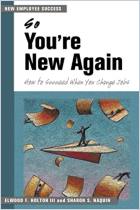
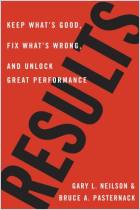
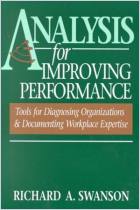
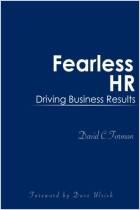
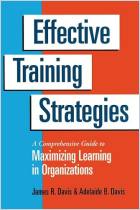
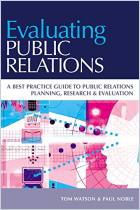
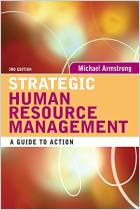
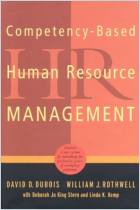
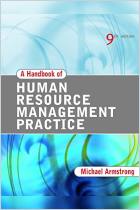


Comment on this summary or Start Discussion